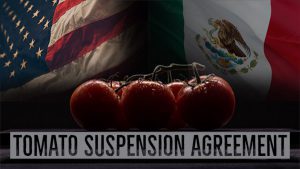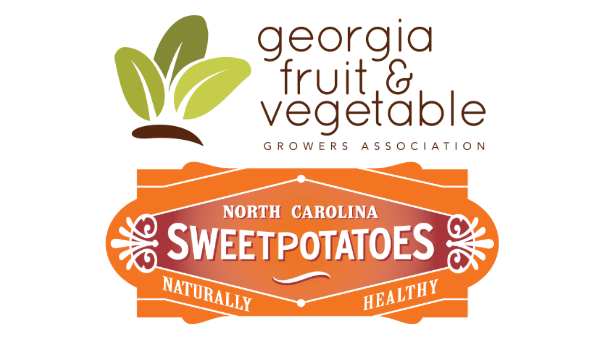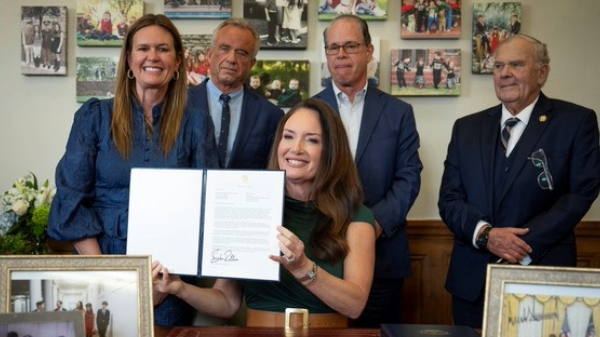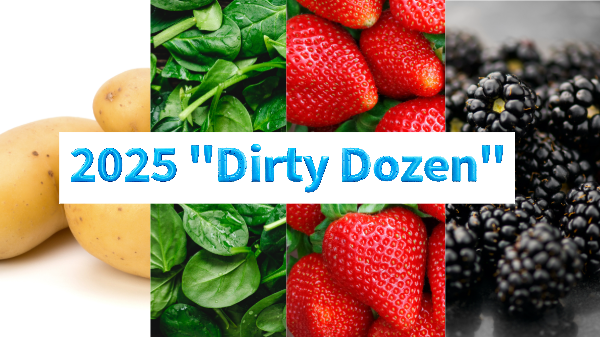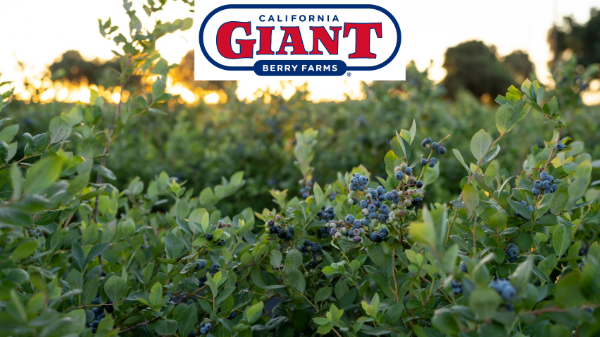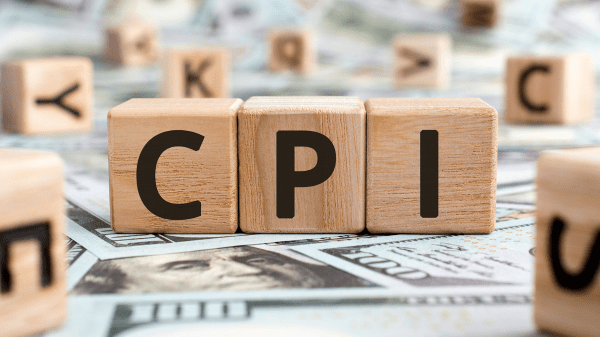Welcome to Blue Book!
Are you ready to join the thousands of companies who rely on Blue Book to drive smarter decisions? View our plans and get started today!
Still have questions? We’d love to show you what Blue Book can do for you. Drop us a line– we’ve been waiting for you.
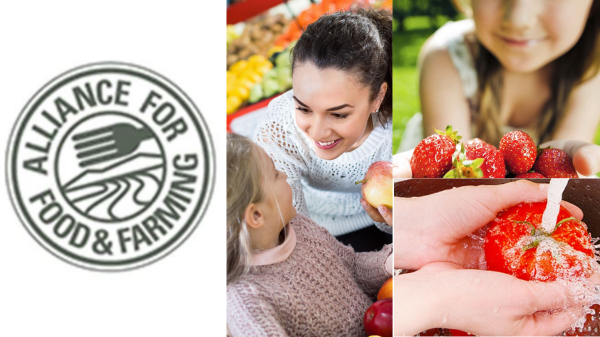
Courtesy AFF
June 10, 2025 – Food bank funding has been suspended, the SNAP budget is facing significant cuts, 47.4 million Americans experience food insecurity and inflation is impacting the budgets of so many consumers.
And yet, the Environmental Working Group (EWG) decides to use its time and resources to release and promote another “Dirty Dozen” list.
Yes, EWG’s misguided focus is to convince you to spend even more money on your groceries by promoting more expensive forms of fruits and vegetables through denigrating and unfairly maligning affordable and accessible produce items.
The basis of EWG’s unscientific and gimmicky list is to attempt to convince you to substitute organic forms of produce for conventional by calling them “dirty” and using unfounded rhetoric to discourage you from buying the most popular fruits and vegetables. They do this despite the fact that decades of studies and government data have shown conventionally grown produce is safe and exceptionally nutritious.
What EWG neglects to tell people is that following their list will increase the cost of their produce by almost 50%, according to our analysis conducted a couple years ago. Further, when low income consumers are exposed to “Dirty Dozen” list messaging, they state they are less likely to purchase any produce – organic or conventional.
And, while peer reviewed research shows EWG’s list is scientifically unsupportable, EWG themselves admit that they ignore basic tenets of toxicology and risk analysis in the development of this list.
How about this EWG? Instead of promoting this useless list, why don’t you join with many in the produce industry and donate to local food banks to help them survive?
The U.S. Department of Agriculture is making cuts to the Supplemental Nutrition Assistance Program (SNAP) too, which assists low income families with purchasing healthy foods. So maybe you can help secure more produce prescriptions that peer reviewed research shows have a direct public health benefit? Or engage in education about the benefits of eating more fruits and vegetables to offset government outreach programs.
You state you want “Americans to eat healthier to prevent chronic diseases,” so try using some of your multi-million-dollar budget to do exactly that instead of disparaging the very foods health experts agree we should eat more of every day. The foods that the Centers for Disease Control says only one in 10 of us eat enough of daily.
Here’s the thing everyone: EWG’s words and actions do not align. If EWG was truly interested in benefitting public health and wanting “Americans to eat healthier,” then they would abandon this list.
However, they chose to continue to engage in the type of disinformation that is becoming more and more prevalent today. But we must remember that they were among the first groups to advance pseudo-science when they launched their original “Dirty Dozen” list 30 years ago. Another example is when they released their report titled, “Overloaded? New Science, New Insights About Mercury and Autism in Children,” promoting an unfounded and discredited link between vaccines and autism.
While EWG ironically attempts to lambast others currently promoting unscientific rhetoric, this is a legacy they began in 1995. And one they seem committed to as evidenced by their actions.
We were truly hopeful that EWG had realized it was time to move on from this list. But we were so very wrong. Actions speak loudly and EWG’s actions show their words and statements should not be believed.
(One last point: If a “report” has a “Donate” button on every page, it probably isn’t about promoting or protecting public health.)
Learn more about the safety of all produce at safefruitsandveggies.com and @safeproduce.
This update was distributed by the Alliance for Food and Farming.
For more information, please contact:
Teresa Thorne: tthorne@foodandfarming.info



